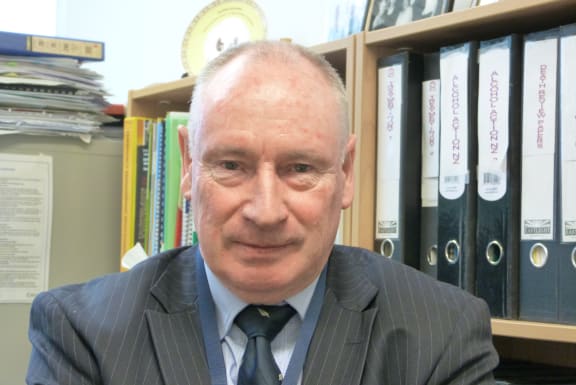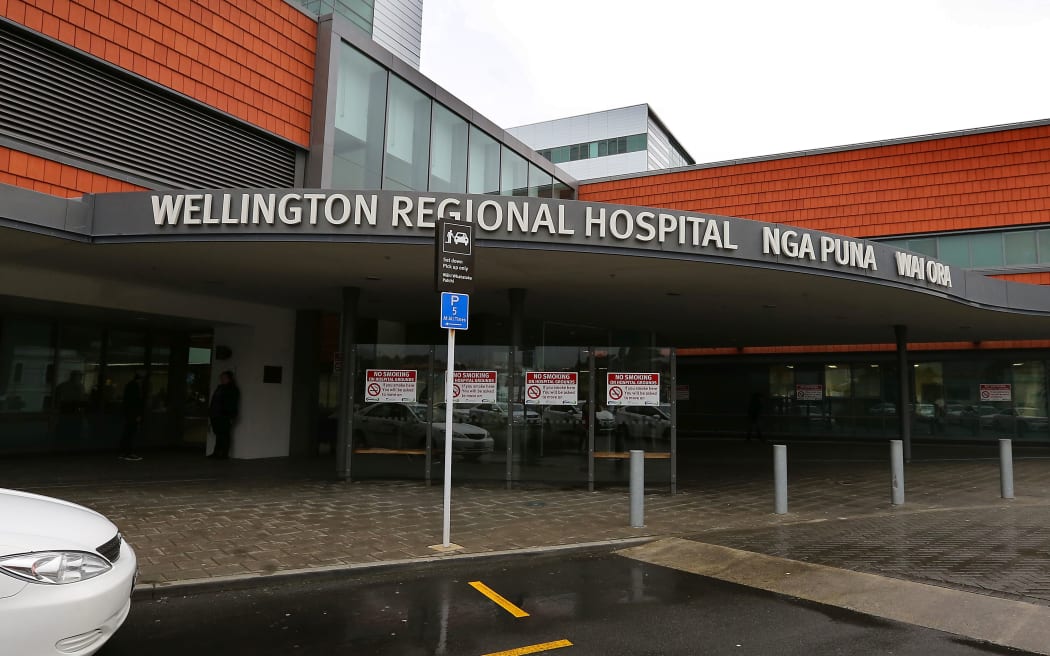Doctors' attitudes need to change so they feel less compelled to work when sick, the Medical Association says.
A Wellington Hospital survey published in the Medical Journal on Friday shows many doctors carry on working when they're ill, including with infectious diseases.
Capital and Coast District Health Board (DHB) chief medical officer Geoffrey Robinson said the result would be similar at other hospitals, and the association chairman Mark Peterson agreed.
But he said it was potentially harmful, and both doctors and DHBs needed to be more aware of this.
"I think there's a professional responsibility that we have, as doctors, not to go to work when we are unwell.
"But there's also the issue of district health boards and employers being able to cope with that and not see doctors taking sick leave as abnormal, which I guess may be the situation now."
The study said doctors could be risking their own health and that of patients.
All 685 senior and junior doctors working at the hospital were asked online last year whether they worked when sick.

Dr Melissa Tan, the lead author of the NZ Medical Journal study Photo: RNZ / Karen Brown
About half responded, with 82 percent saying they worked when sick, including with infectious diseases and vomiting and diarrhoea.
Some of the reasons they gave included not wanting to burden already over-worked colleagues, not wanting to interrupt the care of patients, and nervousness about the tolerance of the hospital culture for sick leave.
Melissa Tan is a junior doctor at the hospital and the lead author of the survey. She said all doctors wanted to provide the best care for their patients and at the same time did not want to burden their colleagues with more work in an already-pressured system.
Junior women doctors worst
The study found doctors are perfectionists who took fewer sick days than others in health, with junior women doctors most likely to work when ill.
That's something Sara Moeke, a Wellington Hospital junior doctor and president of the junior doctors' union, understands well.
"When you work in a hospital the work that you do is acute and your jobs for that day can't actually wait until tomorrow. It's life or death or it's getting better or getting sicker type jobs that can't wait until tomorrow and they have to be done."
Dr Moeke said she thought twice before passing work over to colleagues who are already working long hours.
"If there's nobody to cover you, in a sense that there's no one person to cover all your jobs, they either don't get done, they get postponed or something happens because they get missed because someone's dealing with their list of 60 patients as opposed to their list of 30."
Forensic psychiatrist and senior doctors' union member Justin Barry-Walsh admitted he recently worked when he had flu.
"For me personally, it's particularly the concerns about lack of continuity of care, the impact on others and also the impact when I return to work and find I've got to squeeze into the last two or three days of the week, a full working week."

Dr Geoff Robinson, a co-author and the chief medical officer at Capital and Coast District Health Board. Photo: RNZ / Karen Brown
For their part, junior doctors say Capital and Coast DHB should implement a short notice reliever scheme to boost sickness relief for doctors.
But Dr Robinson said that was mostly used by smaller hospitals, whereas Wellington provided the full range of specialist services, with 40 different hospital departments.
He said it was aware of the need to recruit more relief staff to support doctors when they were ill, and that the DHB already had about 15 relieving doctors.
"And even if we are able to get a junior doctor, they're going to take a while to become useful in a new and specialised environment, so dealing with he issues raised is not necessarily straightforward from the point of view of employing new staff or on-call sick rosters."
Dr Robinson, one of the survey authors, said a Dunedin-based study four years ago had reported similar results - as had overseas studies.
There was no evidence in the survey that patients had been harmed but the findings were still a worry and would be studied closely, he said.

Wellington Hospital. Photo: RNZ / Diego Opatowski

